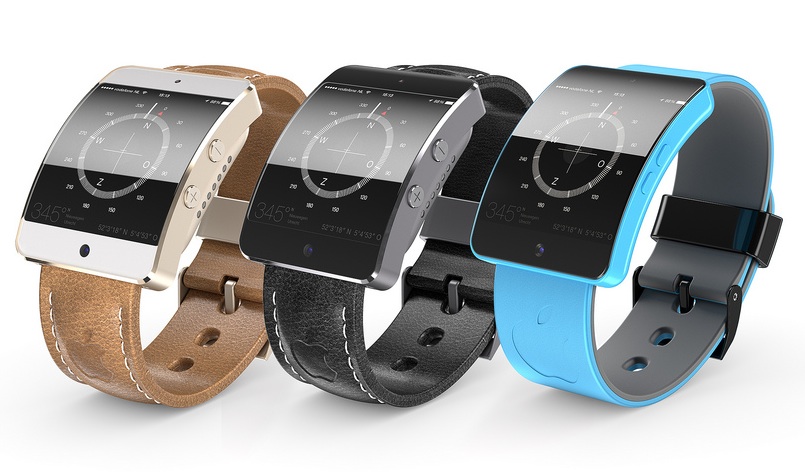KGI Securities’ Ming-Chi Kuo has made a name for himself as one of the more credible — if not the most credible — analysts covering Apple.
And unlike many other ”analysts“ who base their armchair predictions on the combination of the generally inaccurate rumor-mill reporting, hearsay and the Internet echo chamber, Kuo actually does research and puts some thought into notes he issues to clients.
But even renowned analysts like Kuo — and trusted he is — have had their share of misses. Today, Kuo backpedalled on his earlier claim that Apple was working to released an iWatch at some point this year. Ask him again and he’ll now tell you he no longer sees the mythical wearable released in 2014 due to the complexities involved in hardware and software engineering…
According to Kuo’s note obtained by MacRumors:
We reiterate our view that iWatch, as compared to existing products, and as Apple’s (US) first attempt at a wearable device, represents a much higher level of difficulty for the company as regards component and system design, manufacturing and integration between hardware and software.
While we are positive on iWatch and believe that the advantages of the design and business model behind it are difficult to copy, we think, given the aforementioned challenges, that the launch could be postponed to 2015.
I find nothing unusual about Kuo’s newly-found pessimism regarding the iWatch. If the device were to be released in 2014, we would have by now seen a plethora of parts leaking out of China. The number of iWatch components leaked thus far: zero.
Skeptics might argue that even Apple itself doesn’t know when the iWatch will hit because the company has no internal deadlines.
Enter Mark Kawano, the CEO of Storehouse and former user experience evangelist at Apple, who explains why this is a preposterous proposition to begin with, via DaringFireball:
Not only does the company set internal deadlines, it also creates deadlines for deadlines that have their own deadlines. Every aspect of the company’s production cycle, from conception to ship date, is calculated. But — and this is a big “but” — what makes Apple different is that it is a company that is willing to move those deadlines.
If a product in development isn’t ready to be released, the deadline is pushed back. If an idea isn’t perfect, or isn’t considered truly magical and delightful internally, it’s held back, revised, and the product given an entirely new launch date.
Of course, it’s entirely possible that Tim Cook & Co. are keeping iWatch development under tight wraps to prevent leaks from occurring.
However, history has taught us that this is easier said than done. You’l recall that past two iPhone generations virtually leaked entirely.
And this year, it almost feels as if someone could assemble a fully working iPhone 6 prototype from all of the claimed parts floating around.

